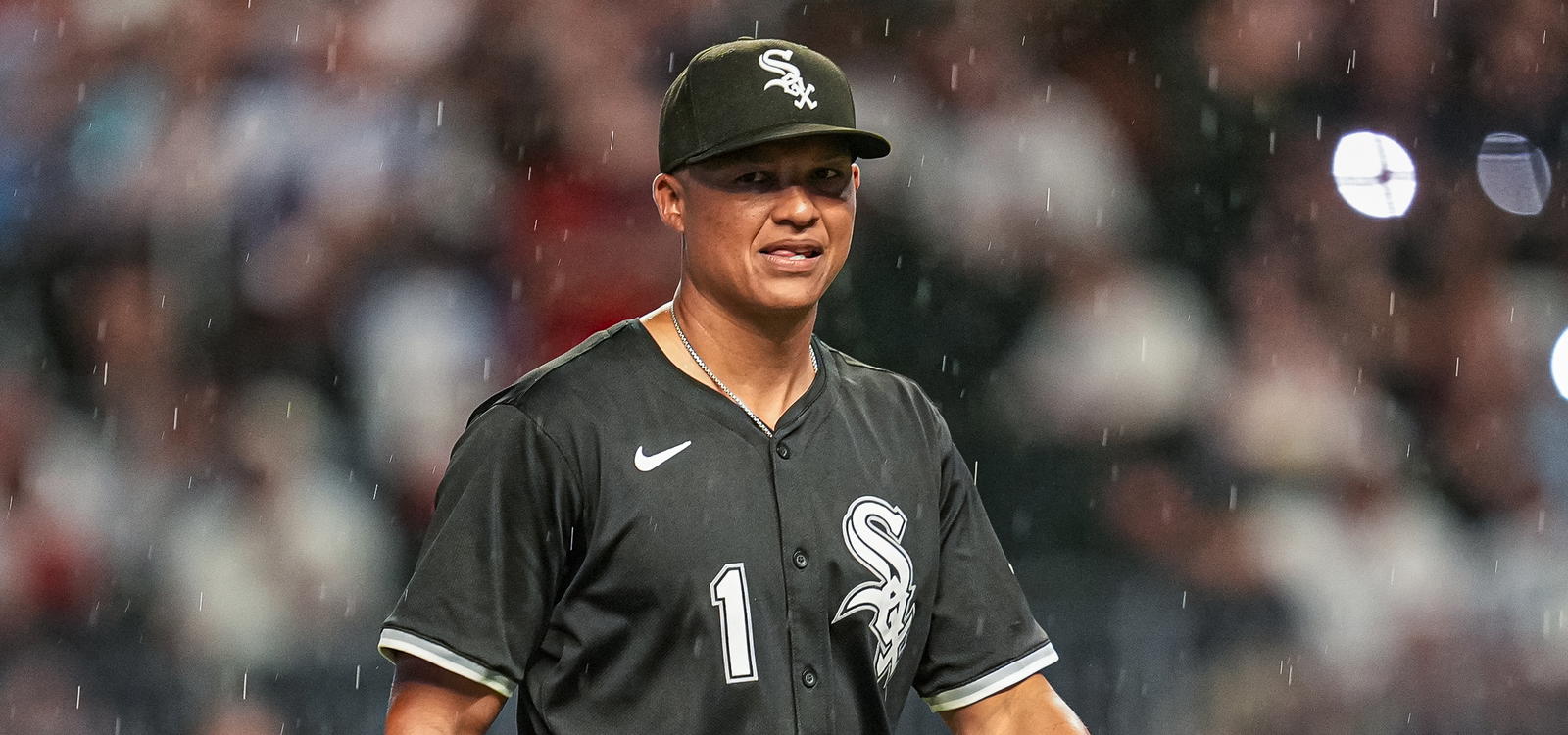

In the new era of White Sox baseball under Chris Getz, Chicago is finally starting to break from old habits. For the first time in a long time, it feels like the organization is willing to evolve — and not just cosmetically.
They’ve become more analytically driven than ever before. They’ve begun hiring front office executives and coaches from outside their insular circle. They even brought in an international scout in Asia to tap into a talent pool the franchise has largely ignored for decades.
These are small moves on their own. But collectively, they signal something bigger: the White Sox are tired of doing business the same old way.
Making changes to the Major League coaching staff after a 19-win improvement in 2025 is just another sign that Getz and this front office are serious about reshaping the identity of the franchise.
Not only is Jerry Reinsdorf — famously loyal to a fault — comfortable moving on from coaches even after a year of progress, he’s giving Will Venable something that’s almost unheard of in Sox history: the ability to build his own staff.
White Sox Managers Often Inherit Coaching Staffs
Look back at the modern history of White Sox managers. Very few were ever granted real autonomy.
After the 2003 season, Jerry Manuel was fired and 39-year-old Ozzie Guillén took over. But Guillén inherited much of Manuel’s staff. Hitting coach Greg Walker and pitching coach Don Cooper stayed on through his entire tenure, all the way until he left in 2011.
When Robin Ventura took over in 2012, it took Greg Walker resigning for the Sox to finally bring in a new hitting coach — Jeff Manto. And even then, Ventura was still saddled with Don Cooper as his pitching coach for all five seasons he managed.
By Ventura’s final year, Todd Steverson had replaced Manto. Then came Ricky Renteria in 2017 — and once again, Cooper and Steverson were simply assigned to him. Same faces, different manager. That was the White Sox way.
Will Venable Has Real Influence — And It Shows
Tony La Russa — who had more influence than almost anyone in the Reinsdorf era — was one of the first to actually see a new hire added with him. Ethan Katz was brought in as pitching coach around the same time, though it’s unclear if La Russa truly had a hand in that. He did, however, personally select Miguel Cairo as his bench coach — a former player of his in St. Louis.
Will Venable didn’t get that luxury out of the gate. He was handed most of Pedro Grifol’s coaching staff (Ethan Katz, Marcus Thames, etc.) and told to make it work.
But over the past year, something has shifted. Walker McInven was an inspired bench coach hire. And now, with Venable actively involved in selecting a new pitching coach, hitting coach, first base coach and more, it finally feels like the White Sox are operating with a real evaluation process, instead of just plugging in familiar names.
That’s especially important when you look at the infrastructure being built around him. Brian Bannister has taken over the pitching development pipeline, while Ryan Fuller — pulled from the Orioles’ player development machine — is helping reshape the hitting identity from the minor leagues up. If those voices are aligned with Venable, the Sox might finally have a through-line from player development to the big-league dugout.
Perhaps that signals the White Sox are done pretending to be a modern organization and are (slowly) actually becoming one.
